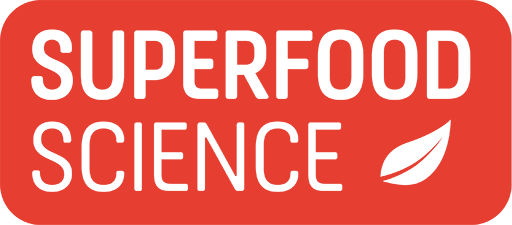What are NK cells?
Your body has an incredible system designed to maintain balance and respond to everyday challenges. At the core of this system are natural killer (NK) cells, a type of white blood cell that plays a key role in recognizing and interacting with different cell types. Unlike T cells and B cells, which need to be trained to respond, mature NK cells work quickly, making them an essential part of the innate immune system【1】【2】.
What Do NK Cells Do?
NK cells are constantly monitoring their surroundings, checking the cell surface of other circulating lymphocytes to determine whether they need to take action【3】. They rely on a balance of activating receptors and inhibitory NK cell receptors to assess target cells【4】.
- Activating receptors help NK cells interact with various cell types, allowing them to engage when needed【2】.
- Inhibitory receptors, which recognize MHC Class I molecules, allow NK cells to differentiate between different cell responses and adjust their activity accordingly【5】.
When NK cell activation occurs, NK cells express specific signals that influence cell cytotoxicity, ensuring the system functions as intended【3】.
Natural Ways to Support NK Cell Activity
Research suggests that various factors can influence NK cell function, including lifestyle habits and the foods we consume. Regular movement, mindfulness practices, and a nutrient-rich diet may all contribute to maintaining a well-functioning system【4】. One natural food that has gained attention for its unique properties is Agaricus blazei Murill【6】.
Agaricus Blazei Murill: A Natural Choice for Immune Balance
Also known as the "Mushroom of Life," Agaricus blazei Murill has been traditionally valued in Japan and Brazil for its potential role in supporting overall well-being. Unlike processed supplements, this is a whole, natural food that may support NK cell activity and immune responses【6】【7】.
Studies have explored how Agaricus blazei Murill may:
- Encourage NK Cell Interaction – Certain compounds in this mushroom may influence how NK cells interact with other immune cells【7】.
- Support Cytokine Secretion – This natural food may contribute to signaling processes involved in cell activation【6】.
- Promote Balanced Responses – By influencing adaptive immune responses, Agaricus blazei Murill may play a role in maintaining overall equilibrium within the system【7】.
Why Natural Foods Matter
Choosing whole, natural foods is an approach many people prefer when considering ways to support balance in their daily lives. Agaricus blazei Murill is a nutrient-dense mushroom that has been used for generations, and its unique composition makes it a fascinating option for those interested in the connection between diet and the body’s natural processes【6】.
Final Thoughts
Your body has a remarkable ability to maintain balance, and natural killer NK cells play a vital role in this ongoing process【2】. While factors like movement, stress management, and a varied diet all contribute, Agaricus blazei Murill is a natural food that has been traditionally recognized for its unique properties【6】.
If you're looking for ways to incorporate Agaricus blazei Murill into your routine, consider exploring different preparation methods or recipes that highlight this fascinating mushroom. Sometimes, nature offers simple yet powerful ways to support overall well-being!
References
- National Cancer Institute. Natural Killer Cell. https://www.cancer.gov/publications/dictionaries/cancer-terms/def/natural-killer-cell
- British Society for Immunology. Natural Killer Cells. https://www.immunology.org/public-information/bitesized-immunology/cells/natural-killer-cells
- Orange, J. S. Natural Killer Cell Deficiency. JACI, 2013. https://primaryimmune.org/wp-content/uploads/2015/07/JACI-Natural-killer-cell-deficiency-September-2013.pdf
- Vivier, E., et al. Functions of Natural Killer Cells. Frontiers in Immunology, 2017. https://www.frontiersin.org/articles/10.3389/fimmu.2017.00760/full
- Schuster, I. S., et al. Regulation of NK Cell Receptors. Frontiers in Immunology, 2019. https://www.frontiersin.org/articles/10.3389/fimmu.2019.03026/full
- Hetland, G., et al. Can Medicinal Mushrooms Have Prophylactic or Therapeutic Effects? Immunology, 2020. https://doi.org/10.1111/sji.12937
- Superfood Science. Natural Killer Cell Deficiency and the Role of Nutrition. https://www.superfoodscience.com/blogs/health-blog/natural-killer-cell

